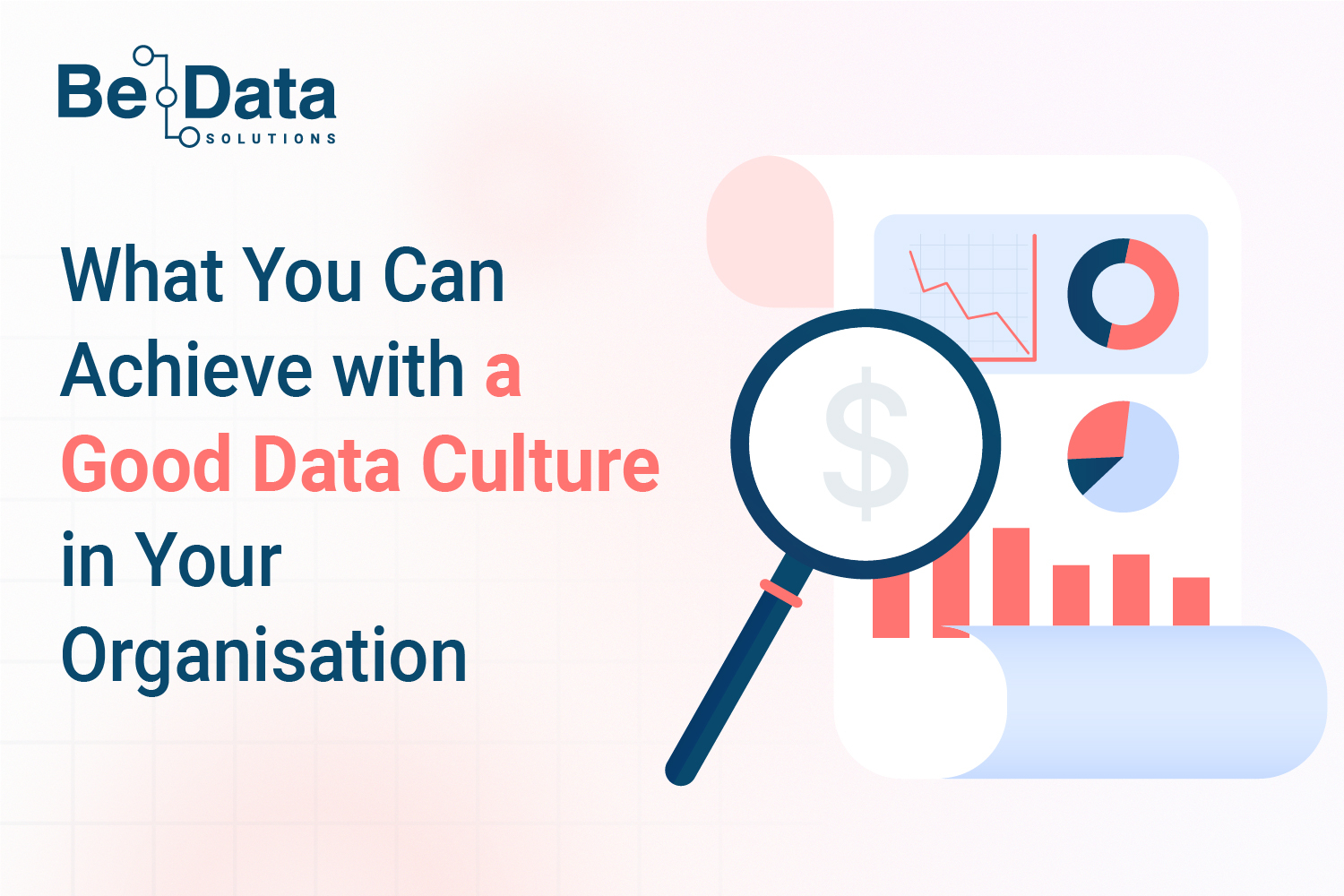
A strong data culture in an organisation offers a wealth of benefits that extend far beyond informed decision-making, data-driven initiatives, or the creation of innovative data products. At its core, a good data culture empowers an organisation to unlock new possibilities, ranging from operational efficiencies to revenue generation, while fostering a collaborative, engaged, and ambitious workforce.
Turning Data into Revenue
One remarkable aspect of a healthy data culture is its ability to transform the data team into a revenue-generating function. For example, data teams at companies like Quidco developed revenue-generating products, such as recommendation engines. Similarly, other organisations have assigned revenue to data products like cross-sell models. By productizing data services, companies can shift the perception of the data function from a cost center to a strategic revenue contributor.
Operational Efficiencies and Strategic Alignment
Data plays a pivotal role in identifying inefficiencies and areas for improvement, leading to streamlined processes and cost savings. Organisations with a robust data culture are better equipped to define success, measure progress, and deliver impactful change. This alignment drives growth and provides a competitive advantage.
A Happy and Productive Team
Beyond commercial successes, a strong data culture creates an environment where data teams feel valued and supported. A healthy data team can be compared to a swan: calm on the surface but working hard behind the scenes to deliver high-value outcomes. This culture encourages collaboration, reduces team tensions, and enhances employee retention.
Recruitment also becomes easier. A healthy data culture acts as a magnet for talented professionals, drawn by the organisation’s commitment to leveraging data for meaningful impact. Publicly celebrating data successes, via social media, PR, or awards, further enhances the organisation’s reputation as a great place to work for data professionals.
More Confident and Empowered Decision-Making
When data teams operate within a healthy culture, they gain the confidence to delegate, proactively innovate, and engage more meaningfully with the organisation. Business leaders, in turn, seek their counsel and trust their recommendations. Organisations that begin to showcase the benefits of data, unprompted, signal the integration of data as a core business asset.
Cultivating Ambition and Innovation
A good data culture fosters a mindset of continuous improvement. Organisations begin to see data as an asset rather than a cost. This shift enables them to explore innovative ways to leverage data, from creating partnerships based on customer insights to experimenting with predictive models and variable pricing strategies. Ethical guidelines ensure these initiatives align with customer trust and compliance requirements.
Enhanced Customer Trust and Transparency
A strong data culture also prioritizes ethical data usage and transparency. Organisations with a healthy data culture confidently communicate how they collect, store, and use customer data. This openness not only meets regulatory standards but also builds trust, empowering customers to share their data more freely. Transparent data practices lead to stronger customer relationships and long-term loyalty.
Final Thoughts
Developing and maintaining a good data culture is challenging but essential. It transforms data into a strategic asset, enabling organisations to:
- Detect and address issues early.
- Drive continuous learning and improvement.
- Break down silos and foster cross-functional collaboration.
- Build resilience against changes in personnel.
Ultimately, a strong data culture positions companies to thrive in today’s dynamic business environment, helping them differentiate, compete, and succeed.
Are you ready to build a strong data culture in your organisation? Contact Be Data Solutions at hello@bedatasolutions.com to learn how we can help you achieve these transformative outcomes.
